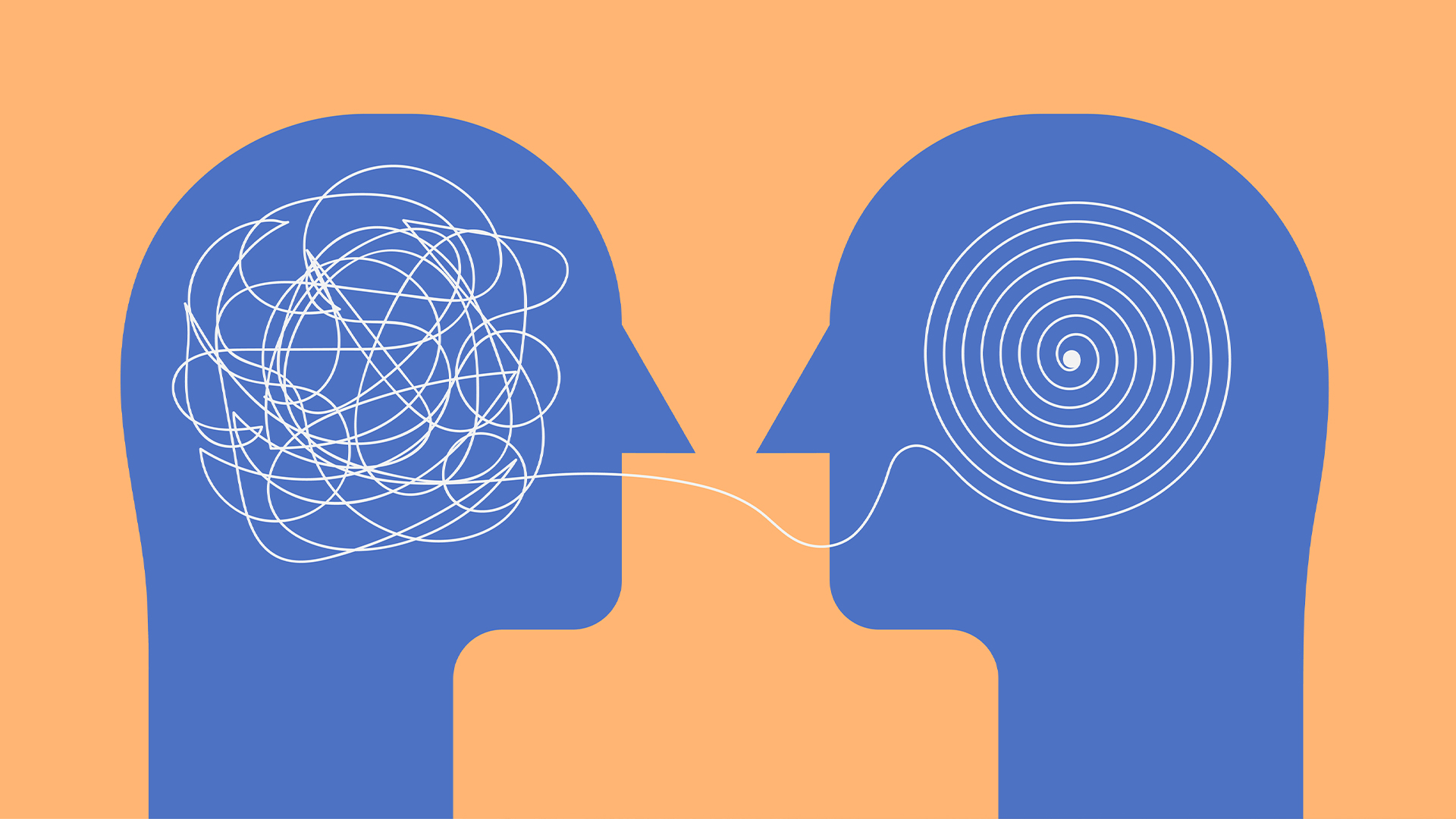
The Battle for Mental Health: Protecting Our Most Vulnerable Groups
As I write this, most countries are once again in the grips of another surge in Covid-19 cases, young adults between ages 18-24 being the most affected during this wave. The UK’s long anticipated “Freedom Day” on the 21st June has since seen the need to be moved to at least the 19th July, and as a result many festivals and events have been pushed out yet another year. So how is this affecting the most fragile part of our wellbeing – mental health?
Since the pandemic’s onset, there has been an estimated 25% of the UK’s population who are suffering from mental health disorders, a 56% increase from pre-pandemic levels. This is a powerful wakeup call highlighting the importance of prioritising psychological wellbeing in the current Covid-19 climate, particularly in light of the significant impact this has in turn on physical health.
Young adults, and women in particular, have undoubtedly been the worst affected since the virus first emerged. Many younger people have been heavily impacted by unemployment, major disruptions in lifestyle, and life-altering financial problems. Indeed, the latest ONS data highlights that a staggering 43% of all British women aged 16-29 have now experienced some form of mental illness during the pandemic.

In a move that sets a strong tone and clear prioritisation of the mental health of its employees, we have recently seen Whitney announce a one week, paid, fully offline break for “burnt-out” staff at all Bumble offices worldwide.
While some may view this a sure-fire route to loss of revenue over this period, there is a strong argument to be made for the potential that the boost to company morale will instead lead to a healthier workforce, improved productivity, and a downstream impact on the performance of the company as a whole. Indeed, it has been proven that every dollar invested in the mental health of employees leads to five dollars in return, due to an improved and motivated workforce.
Such considerations may be of particular note for some of our most strained workforces and vulnerable populations, who for the past year and a half have experienced an immensely difficult period.
In an environment where this has already been an ongoing and long-standing issue, the pandemic has also seen severe impacts on income inequality – a factor unfortunately directly correlated to suicide rates. The Gini Coefficient, a measure of income inequality, rose to 36.3% in the past year, the highest it has been in a decade, and with more than half of the top 20% of earners continuing to be paid in full compared to less than a quarter of those in the bottom 20%. We are now seeing a population at significant risk of surging mental health challenges ahead.

All this to say, it is all too clear that this deteriorating mental health landscape, shaped by the pandemic, points towards a resulting increase in demand for Mental Health Services. In light of the many factors at play, RW Health’s advanced predictive modelling has incorporated detailed research and analysis, estimating 10 million new cases or reoccurrences of mental health illness due to the direct or indirect effects of the pandemic.
With the NHS already operating at borderline full capacity, it remains to be seen how providers will best be able to manage resources and services to meet the growing surge in cases – not only in direct mental health care, but also in the downstream impact this has upon physiological wellbeing and wider NHS services.
It will be essential for the NHS to focus increased or meticulously managed resources towards solving the growing mental health challenges and balance this with existing restrictions and resource in other key areas. As a longstanding partner for healthcare providers across the country, RW Heath has continued to support mental health services with the technology that ensures exactly that – the health Data Science Platform (DSP) and Mental Health Flow Tool. Together these create dynamic, in-depth and near real-time insights, alongside predictive and reactive modelling, that has allowed the exploration and strategic planning of service pathways and new ways of working that meet patient demand, both with national and provider level analytics.
Experience has proven that the utilisation of advanced AI/ML and data-driven technology to support informed decisions is a critical component of the recovery planning arsenal of mental health care providers, and that those who make best use of this form of data are undoubtedly better placed to face the upcoming challenges. With insights that create clear pictures of the resource and workforce needs crucial to driving optimised services, digital tools such as the Data Science Platform help to improve efficiency and quality of patient care.
For those of you who wish to explore the opportunities within this form of advanced data analytics further, we welcome you to try out RW health innovative Data Science Platform and uncover some critical insights. To set up a free trial of the platform, please get in touch at info@realworld.health.
